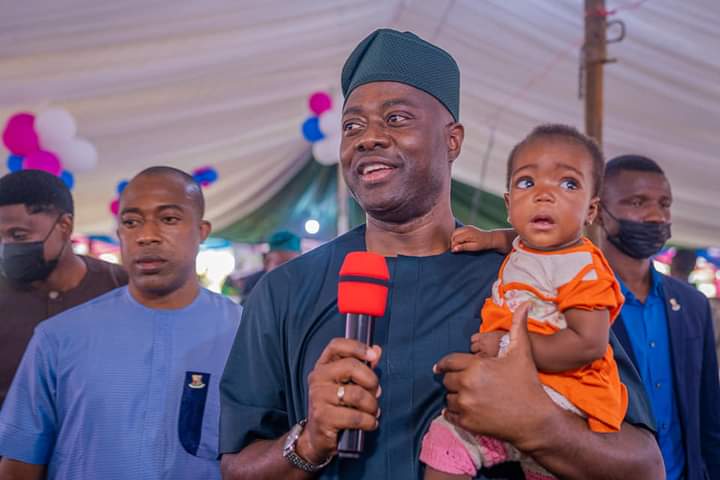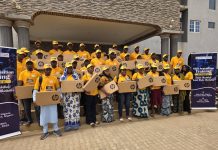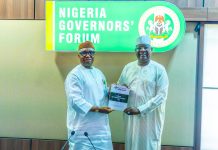Oyo State Governor, ‘Seyi Makinde, on Saturday, stated that his government is making efforts to institute a special health insurance programme for orphans across the geopolitical zones of the state.
The governor said this while hosting orphanage homes from across the state at the Government House, Agodi.
A statement by the Chief Press Secretary to the governor, Mr. Taiwo Adisa, stated that the Makinde administration will continue to give the needed support to orphans in the state.
He maintained that the Oyo State Health Insurance Agency (OYSHIA) will promptly facilitate the special programme, adding that orphans would soon begin to enjoy qualitative medical services in the primary health care centres nearest to them by the time they are completed.
The governor said: “I have listened to the list of your request and can assure that we will continue to support you.
“”Specifically on the medical request, I will sit with those in charge of insurance, OYSHIA, and make sure there is a special programme for the orphanage homes. “Because we have said there must be a functional primary health care centre in all the wards in Oyo State within the next few months, they are supposed to be done with them. So, you would not need to go too far from the orphanage homes to access very good medical services.
“Once again, I want to congratulate the children and tell you that this is an opportunity you must not fritter away. You must hold on to that opportunity. You need to be good and serious with your studies, and I pray that as you grow, God will endow you with wisdom and understanding.”
While commending the contribution of the orphanage homes to the state, Governor Makinde pointed out that the homes are performing a herculean task, which, according to him, will impact positively on the future of the incoming generation and the state at large.
He said: “I want you to know that every year, I look forward to this event to spend time with children from orphanages around the state. So, I am really excited to be among you today.
“I want to, first of all, thank Seyi Akinbohun and all of you that are running this orphanage homes. I say thank you and you are doing so much for our state and this administration will continue to support you. You are actually performing a herculean task and we appreciate the impact it will have on our future and incoming generation.
“I have come to the midst of these children today and pray to God to spare my life up to the time when one of them will be governor of this state. It will happen. The last event at Holy Trinity just before the election, I was silently praying that day that if God can answers my prayer to become the governor of Oyo State, I will bring these children to the Government House and, today, it is happening.
“I want to tell you that the subsequent events will still be inside this Government House.”
While commending the governor for consistently providing for their needs, the coordinator of Ark of Hope Orphanage Home, who spoke on behalf of the Homes, Seyi Akinbohun, said that Governor Makinde has been a pillar of support for the orphanages in the state.
“We thank your Excellency for your support always but we will be Oliver Twist, please don’t be tired of our problems, she said.






